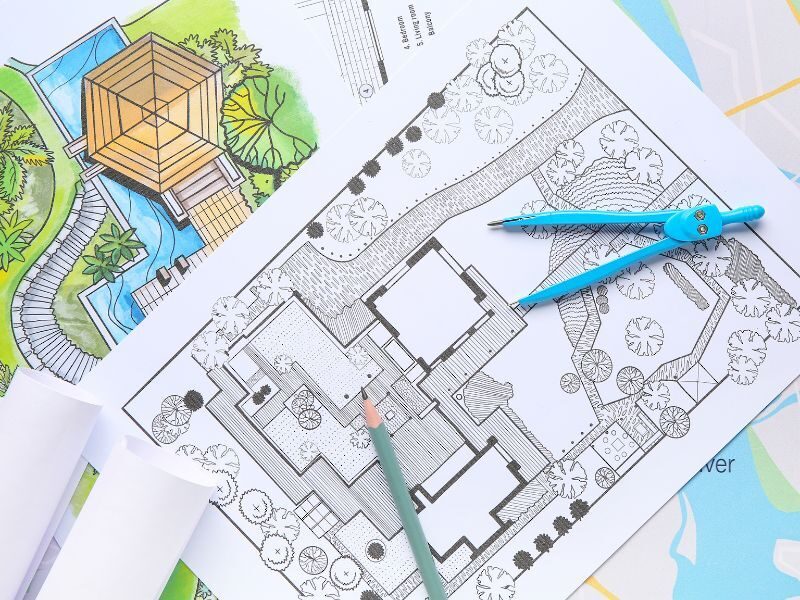How to Manage Anger
We all feel angry sometimes, and most of the time we can find healthy ways to deal with feelings of anger or frustration. Anger is a completely natural human emotion; it is a feeling that tells us when something may be wrong and is a natural response to threat.
Anger can involve a wide range of feelings, and we all have our own ways of expressing our anger. For example, when some people feel angry, their natural response is to become aggressive verbally (yelling screaming, cursing, threatening) and/or physically (hitting, breaking things, punching). Others may become more withdrawn (isolating themselves, ignoring the person they are angry with) or may even harm themselves.
When dealt with in unhealthy ways, anger can create problems and affect your well-being. As an example, when you lose control and turn destructive, your reactions can lead to problems at work, at school, and in personal relationships.
Fortunately, there are healthy ways to deal with anger. The following tips can help you slow down and move to a calmer place so that you can find a productive way to deal with the problem, without saying or doing things when angry that you may regret later.
- Take a break. Leave the situation that’s making you angry. Go for a walk, drive, sit alone, go take a bath or shower, give yourself space until you calm down and are able to think rationally about the situation.
- Count to 10. In your mind or out loud repeat lyrics to a song you like, make a list of places you would like to visit or just count. This distraction strategy forces us to focus our attention on something other than the person or situation that is making us angry, again giving us time to calm down and think.
- Breathe deeply. Try to take deep breaths for a count of 5 (inhale for 5 and exhale for 5). Taking deep breaths can help calm your mind, slow your heart, and lower your blood pressure.
- Shift your attention to something more pleasant or relaxing. This can be very helpful for minor annoyances that you can’t control. For example, think about a place, person or memory that makes you feel happy and calm.
- Is your reaction appropriate? Consider whether your reaction matches the situation. Ask yourself, “Is this situation really as bad as I am thinking it is?” and “What would I do if someone reacted this way to me?”
- Talk to someone you trust who may be able to bring a fresh perspective. Ask family or friends to help by watching a movie together, going out for coffee or a walk.
- Physical activity can help reduce stress that can cause you to become angry. Many people find going for a brisk walk or run, or spending some time doing other enjoyable physical activities very helpful as a calming strategy.
When anger continues to cause problems or you notice that it occurs with other symptoms, it’s a good idea to talk with a doctor or mental health professional to get more information and support.
Instagram Feed
"When our clients turn to us for help, they put their trust in us. At Starling, we value that trust and take the protection of our clients’ privacy very seriously so they feel comfortable confiding in us, and in turn, we can offer the best possible service to meet their needs."












